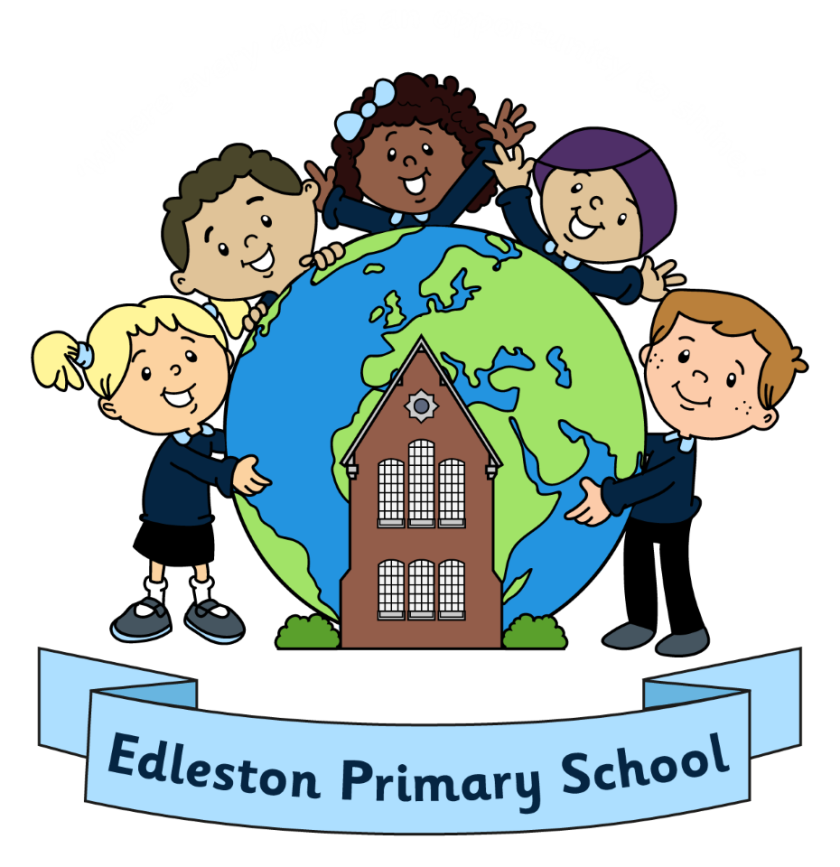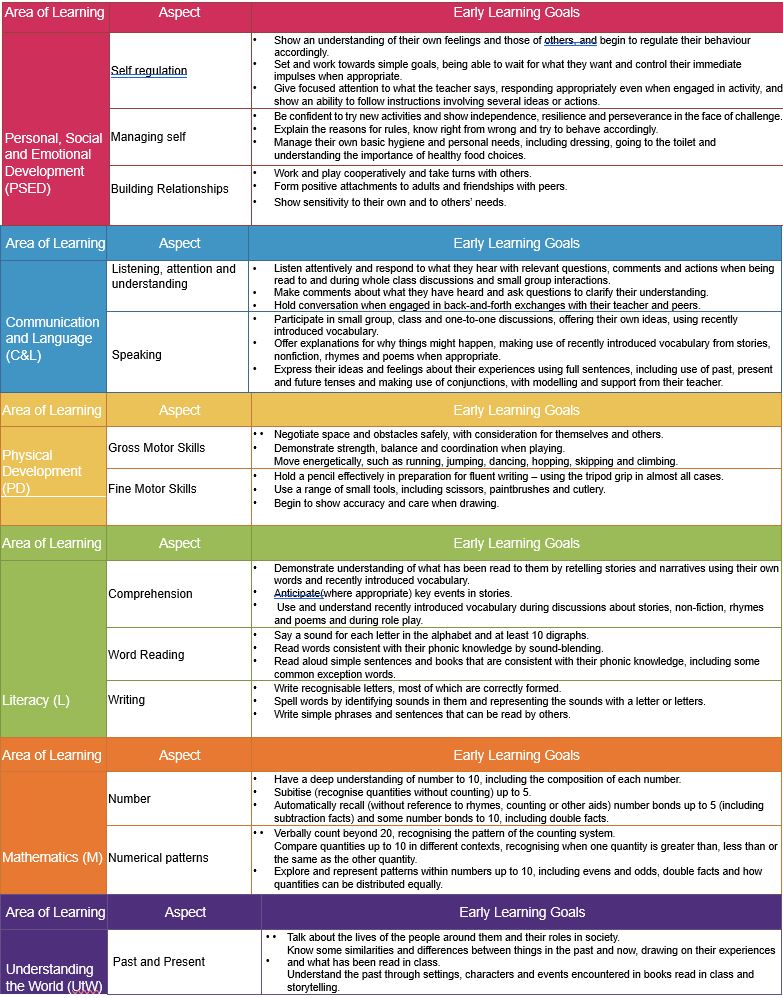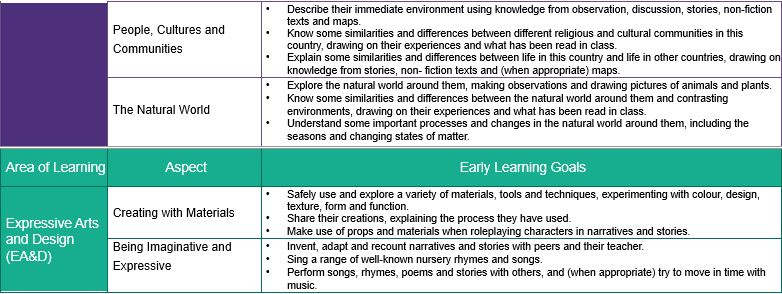New Reception 2025-2026
Welcome to Reception Class September 2025!
We are very much looking forward to you joining us in September.
Please find below a list of useful documents for families of new Reception pupils starting at Edleston Primary School in September 2025.
Some key dates for Reception 2025 / 2026 transition activities:
Tuesday June 24th at 5:00pm - School hall - Parents’ welcome meeting
Transition morning 1: Thursday 3rd July 9:30am - 10.30am
Transition afternoon 2: Monday 8th June 1:30pm - 2:30pm
Reception 2025 Parent and child lunch: Wednesday 9th July 11:30am - 12noon
Below are some links you might find useful and some recommended books for starting school you might like to look at with your child.
Starting primary school - BBC Parents' Toolkit - BBC Bitesize
The Early Years Foundation Stage - Curriculum
The Early Years curriculum is made up of 7 key areas of learning. These key areas are then broken down into aspects, each made up of progress measures known as Early Learning Goals (ELGs). Pupils’ progress against these ELGs is regularly monitored and reported at the end of the academic year.
New parents who may wish to consider applying for a place at Edleston for September 2026 are invited to visit school on Friday 3rd October at 10am or 2.15pm. Please contact school to be added to the list.

Growing independence
Growing independence
- Check out Parentkind’s online advice hub and magazine for parents ‘Be School Ready’
- Enjoy Family Corner’s 5 tips to help your child get ready for Reception
- Guidance for parents and practitioners - PACEY
- Download the free EasyPeasy mobile app for tips and activities to support everyday parenting moments
Taking care of themselves
- How can you make separating easier? - Family Corner
- Getting dressed and ready for the day - backward chaining information sheet - NHS
- Getting ready for the Day - BBC
Toilet training
- The Institute of Health Visiting has advice and tips on toilet training
- Simple and supportive toilet training advice - ERIC
- Potty training and bedwetting - NHS
- Pants4School - Down Syndrome UK
Playing, creativity and curiosity
- 5 steps for brain building through serve and return - Center on the Developing Child at Harvard University
- How to follow a child’s interest in play - National Literacy Trust
- How to role play with your child - Pretend role play - BBC
- How to role play with your child - Playing pretend animals - BBC
- Fire up their imagination with drawing - BBC
- What is mark-making and why is it important for learning? - PACEY
- Sharing story books on World Book Day - BBC
- Nature activities for children - BBC
- Learning and having fun on the bus - BBC
- Play a game of 'What's that sound?' - BBC
Building relationships and communicating
- The Royal Foundation Centre for Early Childhood’s Shaping Us Framework outlines how these skills develop in early childhood
- Top tips for enjoying stories together and book recommendations for starting school - BookTrust
Being with others
- Learn how to support your child to make friends - Family Corner
- Understand your child's social development - Words for Life
- Practice sharing with toys - BBC
Communication and language
- You are your child’s first teacher – help them learn how to write their name - Words for Life
- Explore a range of approaches to language learning and development from NHS Start for Life
- Build your child’s imagination and language by making up stories together - BBC
Listening and engaging
- Follow the walk and talk trail with the National Literacy Trust
- Practice language and listening skills at home with these games - Playing with a cardboard telescope - BBC
- Practice language and listening skills at home with these games - Red Light, Green Light - BBC
Physical development
- Getting moving for 3 hours a day - NHS
- What is core strength and why is it important for children? - Department for Education
- Fun games to get them moving - BBC
Healthy routines
Understand what 'healthy' levels of screen time are, by age
Get insights on internet safety, how screen use impacts young children and recommended screen time
And for those with younger children, the NCT covers advice for babies and toddlers too:
Help children build a strong relationship with food and make the right choices from the start
- Nutrition guidance - Department for Education
- Healthier families - NHS
- Five tips for helping your kids to eat healthily all year round - BBC
- Eating Well - First Steps Nutrition Trust
- Factsheet for healthy children's diets - Association of UK Dieticians
Brushing teeth
Sleep guidance
- Sleep and young children - NHS
- Struggling to get children to sleep: How to establish a bedtime routine - BBC



